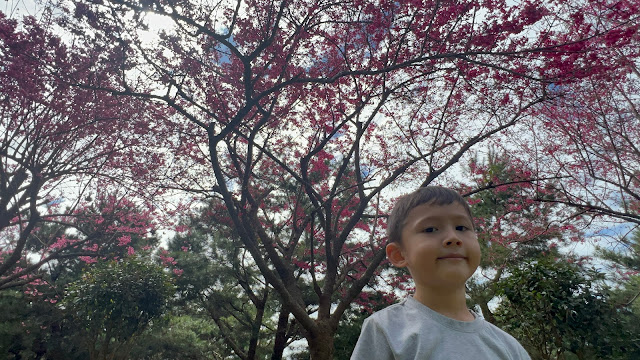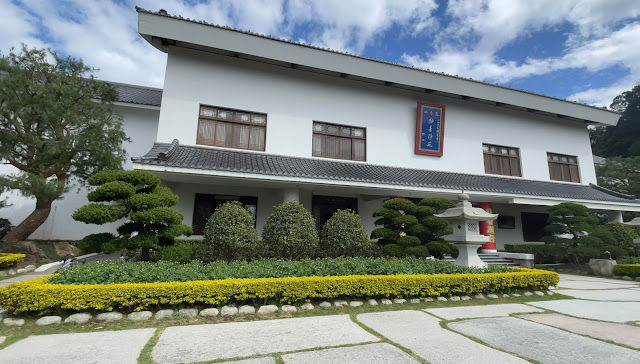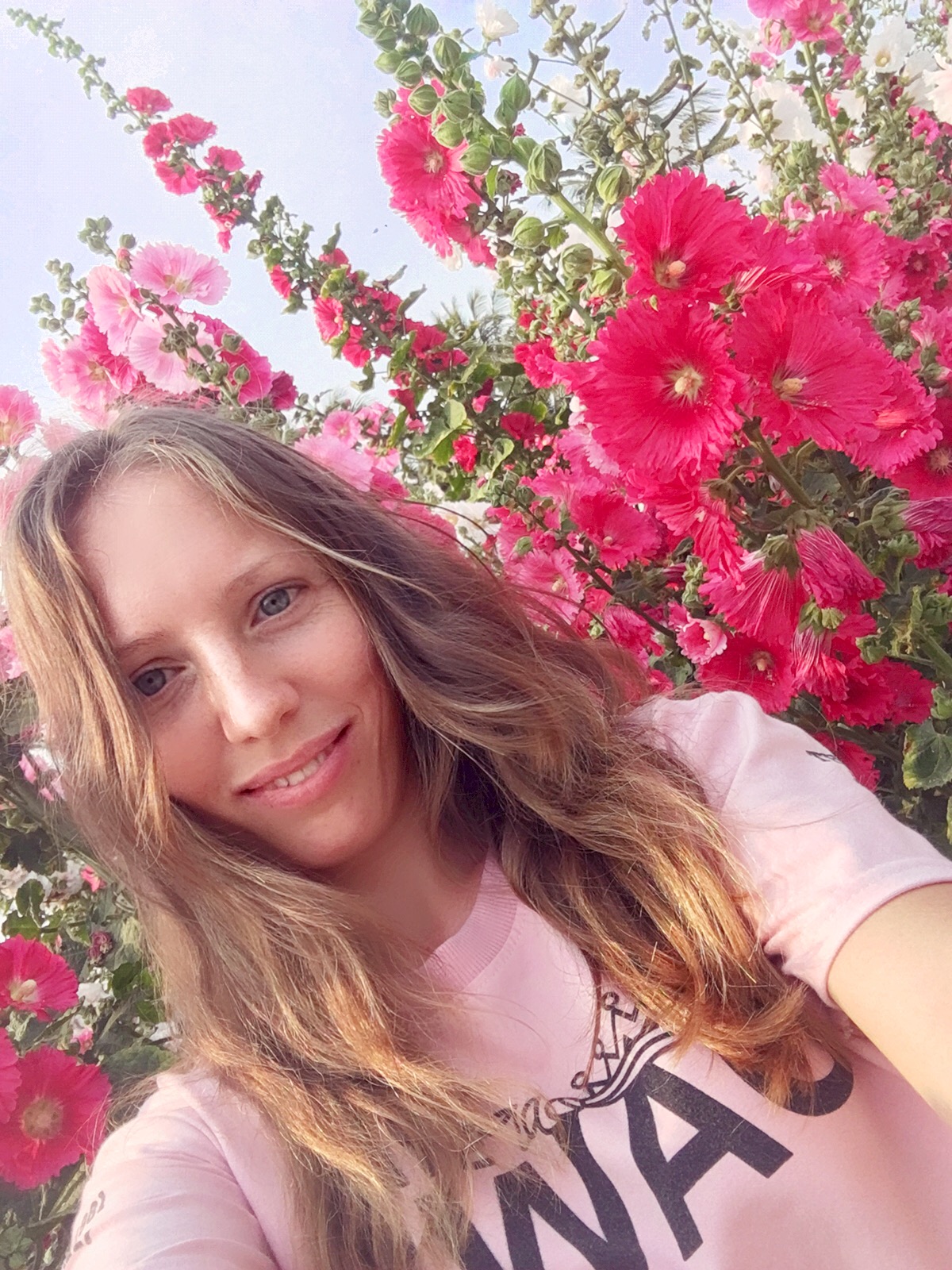As the Lunar New Year approaches, families across Taiwan prepare for a week of festivities, reunions, and traditional celebrations. While this festive season holds significance for many, for me, it's often a time of mixed feelings, particularly when it involves venturing to my husband's hometown.
Let me paint you a picture: the holidays span seven days, during which we typically venture back to my husband's family home. Yet, the prospect of spending extended time there isn't exactly my idea of a holiday paradise. Past experiences have taught me that such visits often culminate in heated arguments and uncomfortable tensions. Nevertheless, this year, we embarked on our journey on Friday, the 10th of February, only to return two days later, on Sunday the 12th.
Why the abrupt departure, you ask? Well, blame it on the uninvited guest that arrived alongside the festivities - a cold front that sent temperatures plummeting to a bone-chilling 17 degrees Celsius indoors! To put this into perspective, our cozy apartment is typically maintained at a comfortable 22-23 degrees Celsius thanks to our trusty heater. But this sudden drop in temperature left us shivering in our boots, quite literally.
And it wasn't just the cold that made our stay unbearable. Simple tasks like showering became a dreaded ordeal, with our son shaking and crying. Even after braving the shower, he suffered from nosebleeds throughout the night - a phenomenon unheard of back home in our warmer abode. Add to that complaints of stomach pain, and it became clear that the harsh environment was taking its toll on our well-being.
Yet, despite our discomfort, attempts to address the issue fell on deaf ears. Instead of acknowledging the cold as the culprit, my husband suggested that our son's ailments were due to not wearing a mask - a notion that only served to stoke my frustration further.
In an effort to mitigate the discomfort of previous visits, we had purchased two extra heaters, supplementing the existing ones in each room. The intention was simple: ensure that every corner of the house was equipped with a source of warmth. However, it seemed to have little impact, as the heaters remained unused and virtually forgotten!
For me, the prospect of enduring such cold was simply unacceptable. Having experienced indoor temperatures plummeting below 15 degrees Celsius in the past... And while my husband may accuse me of "ruining" his holidays, the truth is that no one was spared from the cold - not even him.
In a desperate attempt to cope with the cold, my husband resorted to skipping showers altogether, a sacrifice he deemed necessary to avoid the discomfort. Meanwhile, my son and I soldiered on, braving weak water pressure and shivers.
Our visits to other family homes during this time painted a similar picture - old, poorly insulated houses with temperatures that mirrored the outdoors. Research revealed that maintaining indoor temperatures between 20-24 degrees Celsius during the winter months is advisable in Taiwan, yet little seemed to have changed over the seven years we've been making these trips.
If it weren't for our son, I'd seriously consider skipping these visits altogether and staying in the warmth of our own home. But alas, duty calls, and so we endure, braving the cold and culinary disappointments (thanks to my in-laws' lackluster cooking skills and being vegetarian).
In conclusion, if you're dreaming of relocating to a warm, winter-free paradise, let me offer you a word of caution: Taiwan may not be the tropical haven you envision. With temperatures dropping to a chilly 3 degrees Celsius for three consecutive days recently, even the thought of enduring the cold sends shivers down my spine.
And spare a thought for the children in kindergartens across Taiwan, bundled up in winter jackets for eight hours a day - a discomfort I can only imagine. As winter rolls around each year, I find myself yearning for the warmth and comfort of my homeland, Poland, where even the chilliest outdoor adventures are followed by the blissful warmth of indoor heating.
So, to all the winter dreamers out there, heed my advice: while Taiwan may boast tropical temperatures for much of the year, its winter chill is not to be underestimated!
The remainder of the holidays wasn't particularly enjoyable either. On Monday, we had planned to visit the zoo, but the traffic was so congested that we were forced to abandon the idea. Instead, we found ourselves in the mountains around Hsinchu, and we spent the next two days simply staying at home. However, on the bright side, the weather improved, and it appears that the upcoming weekend will be quite warm, with temperatures reaching as high as 28 degrees Celsius. The farther south, the better!
We're feeling lucky that the upcoming weekend will take us to Tainan, just in time for the lantern festival. We're going a week earlier than the actual event this year. This yaer the biggest event is happening right in Tainan! It's quite funny how when we lived in the south, the festival was held in the north, and now that we're in the north, it's taking place in the south.
My dream is to relocate back to the south – perhaps Tainan or even Kaohsiung – for milder winters. I can easily tolerate the summer heat, especially after living in Tainan for three years. However, upon moving back north and residing here for a longer period, I fear that the summers may become unbearable for me once again. Although it feels cooler in Miaoli, I despise the winds here.
Here is a glimpse of the only pictures we managed to take during our trip - a visit to Nongbo Park at night for a lantern display. Though it wasn't much, the beauty of the lanterns illuminated the darkness and added a touch of magic to our chilly Lunar New Year adventure.



































































